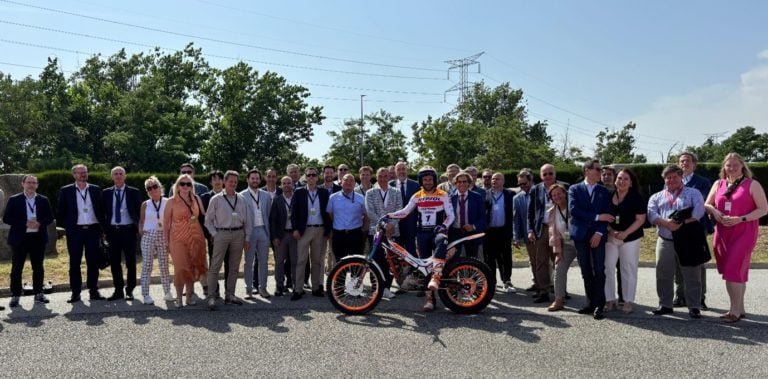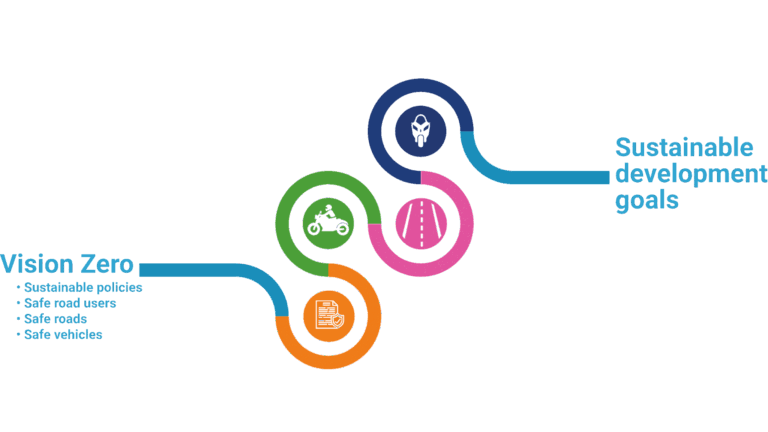ACEM VISION 2030+
Climate
climate challenges
In response to climate change challenges, the European Union has adopted various initiatives to reduce net greenhouse gas emissions by at least 55% by 2030 and achieve climate neutrality in 2050.
ACEM members are committed to putting L-category vehicles as direct contributors towards the decarbonisation of transport in a sustainable timeframe, which supports jobs, growth and the environment. Despite the fact that our vehicles represent less than 2% of the vehicle fleet on EU roads, several benefits are offered such as the reduced size, light weight and flexibility, offering a more efficient mobility solution for personal transport and light goods delivery in a multimodal transport system.

industry ambition
Our industry ambition is based on the right enabling conditions concept (right vehicle, right place, right energy carrier) promoting technology neutrality within a multi-pathway approach.
Besides active support for electrification, ACEM acknowledges efforts from the European refinery industry to accelerate the development of low-carbon liquid fuels to enable all road transport, including ICE and advanced hybrid, to become carbon neutral by 2050.
ACEM members work on placing a variety of powertrains in the market with the common goal to contribute to decarbonisation. While CO2 emissions from traditional Internal Combustion Engine-propelled PTWs continue to be reduced, due to new technologies, design and the introduction of e-fuels, the industry will continue to place more and more electric vehicles on the market every year.



